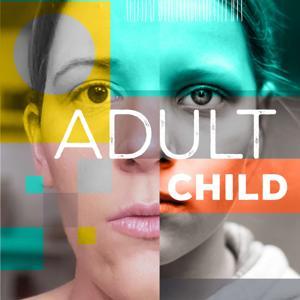Dating with Trauma: The Anxious Attacher’s Endless Chase
https://joeryan.com/
Abandonment issues, anxious attachment, codependency—a desperate ache to mend what’s been shattered since childhood. For the anxious attacher, every relationship is a warped reflection of that first bond, usually with a parent, the one who carved your earliest sense of self. The script never changes: If I can make this distant woman love me, maybe I’ll fix the kid inside still screaming for someone to care.
It’s a cycle. We show up polished—crisp shirt, charming smile—pretending we’re solid, hoping no one spots the insecurity gnawing underneath. We crave that invisible thread of connection, always. No text? No call? Panic floods in. We dissect their words, clock their last reply, and dump our spiraling thoughts on friends until they’re exhausted. We’re obsessed with decoding why they’re pulling away.
Dating with trauma turns relationships into a fix—validation, belonging, a bandage for the mess we see in the mirror. As kids, alone time wasn’t just lonely; it was humiliating. One minute, we were everything to our parents; the next, nothing—banished to our room, isolated, ashamed. That hot-and-cold switch wired us for hyper-vigilance, always scanning for cracks in the bond. Now, a missed call or a vague text yanks us back to that place: unsafe, unloved, unraveling. We need to know where we stand because we never learned to stand alone.
So we chase. We obsess. Friends fade, hobbies gather dust, and they become our universe. Elaborate dates, endless effort—all for a scrap of affection to prove we’re enough. It’s a child’s plea in an adult’s skin, replaying the same moves we tried at five.
We’ve lingered in relationships where we’re used, diminished, because leaving feels impossible. Back then, we couldn’t escape home emotionally; now, we can’t walk away from partners. To leave is to face that old terror of being alone—and alone, we feel like nothing. That’s the wound. Even if they gave us the world, it wouldn’t fill the hole. Love starts within.
The fix? Here’s the raw truth: no one’s job is to save us or keep us steady. Stop begging them to see your worth. Stop performing for their approval. Turn that energy inward—build your own value, not through someone else, but through you.




































